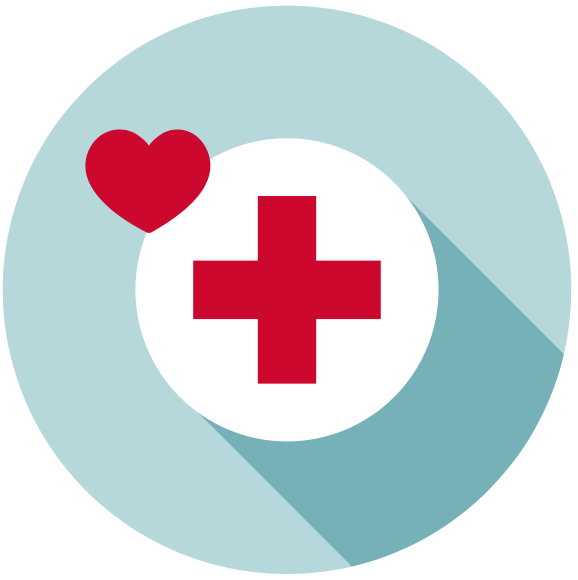In Belgium, health care is financed by the social security system which is characterized by solidarity. The health care system is based upon a mandatory medical insurance. In concrete terms, this means that a deal of the price of your visit at the doctor’s and of your medications will be refunded, as well as some medical materials. In some circumstances (glasses, wheelchairs, …). Moreover, if your state of health does not allow you to work, you are entitled to a replacement revenue.
Belgian workers and employers are financing health care expenses refund through contributions. The Belgian State also intervenes in the social security’s total budget. But how does it work and who is entitled to it ?
Practically, two principal actors are concerned by the refunding of health care expenses. The first one is a public organization named the National Institute for Health & Disability Insurance (English acronym NIHID. French acronym, INAMI for Institut National d’Assurance Maladie-Invalidité. Dutch acronym, RIZIV for RijksInstituut voor Ziekte en InvaliditeitsVerzekering), which is competent for health and invalidity insurances. It takes decisions concerning the amounts of health care expenses to be refunded in case of work incapacity or invalidity. The second ones are the mutual insurance companies. These are private organizations which act as intermediaries between citizens and NIHID. They propose insurances for services and complementary care (for instance, dental care, psychological care, etc.) in exchange of an annual financial contribution added to the basic mandatory insurance. You are free to choose your mutual . The Auxiliary health Insurance Disability Fund (French acronym CAAMI, for Caisse Auxiliaire d’Assurance Maladie-Invalidité. Dutch acronym HZIV, for Hulpkas voor Ziekte en InvaliditeitsVerzekering) only offers the mandatory insurance and is, therefore, totally free of charge.












